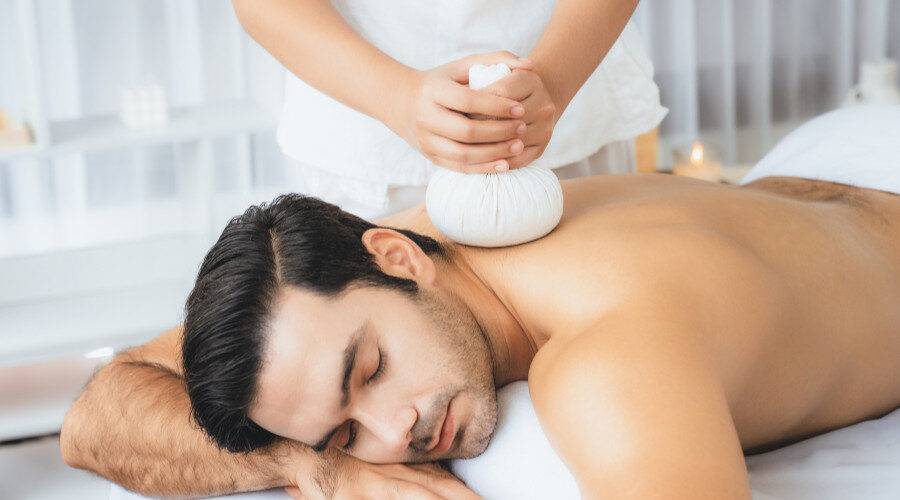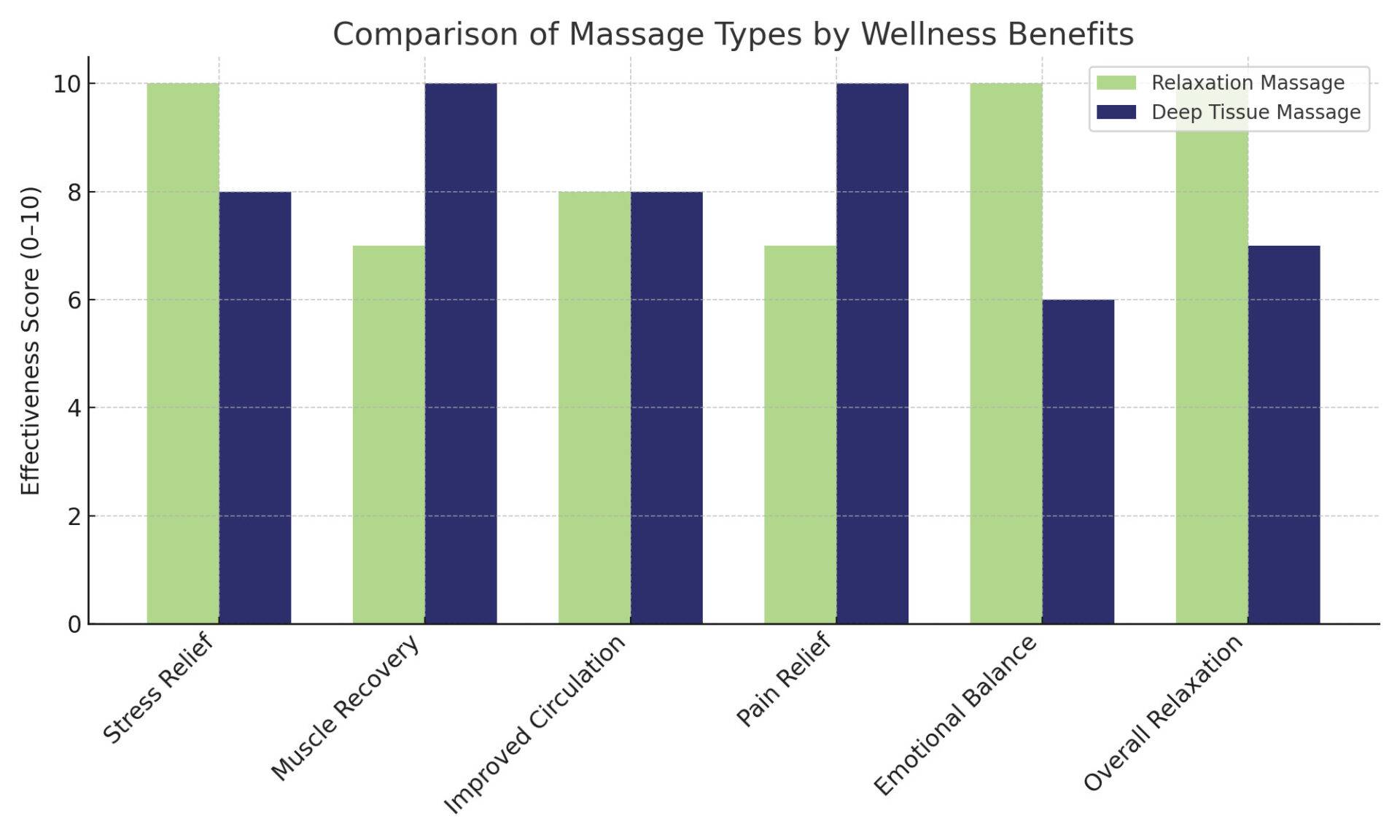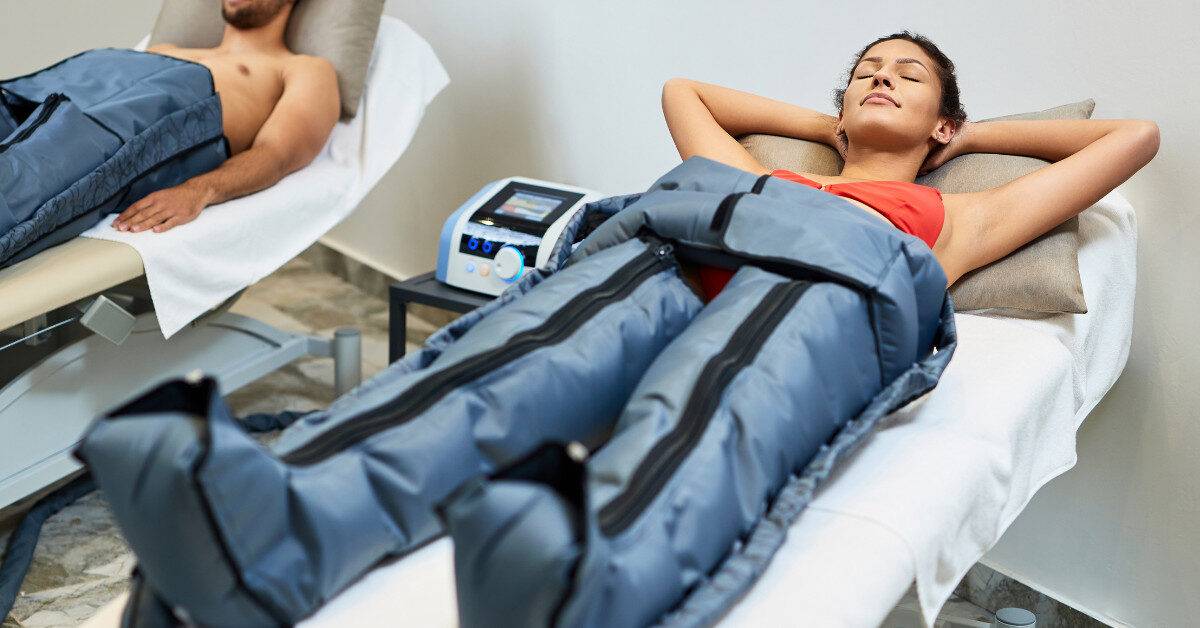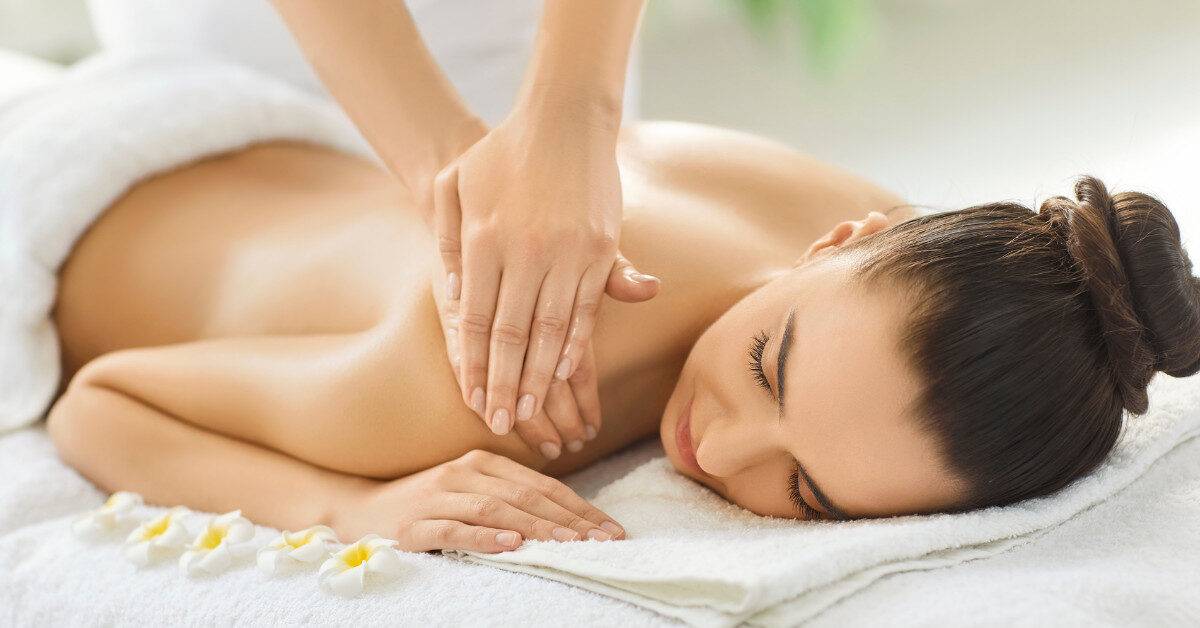In today’s fast-paced world, stress, anxiety, and muscle fatigue have become a common part of life. While we often focus on exercise, diet, and productivity, one of the most effective yet overlooked wellness practices is the relaxation body massage. This powerful therapy offers a deep connection between the mind and body, helping individuals find balance and rejuvenation. Not only does it address muscle tightness, but it also significantly impacts your emotional well-being.
When the body is tense, the mind often follows. Chronic stress can lead to sleeplessness, anxiety disorders, and even physical conditions such as high blood pressure and digestive issues. Incorporating therapeutic practices like massage into your routine can reverse this cycle and improve your overall quality of life.
Exploring Relaxation Body Massage
A relaxation body massage is a gentle, calming technique designed to ease stress and soothe the muscles without the intense pressure of deep tissue massage. Typically performed using smooth, gliding strokes with light to moderate pressure, it promotes blood flow and encourages the release of feel-good hormones. This massage style is ideal for individuals looking to unwind, de-stress, and realign their nervous system without intense physical manipulation.
Different methods may be used during the session, such as effleurage (long gliding strokes), petrissage (kneading), and gentle stretching of limbs. Oils or lotions with calming scents like lavender or eucalyptus are often incorporated to enhance the experience. A professional therapist will tailor the session based on your needs and preferences, ensuring both mental calm and muscular ease.

The Mood Shift: How Massage Affects Mental Health
The mental health benefits of a relaxation body massage are profound. When stress levels rise, the body produces more cortisol—a hormone that can lead to anxiety, irritability, and even insomnia. Massage helps lower cortisol levels while boosting serotonin and dopamine, which elevate your mood and promote deep relaxation.
At MG Sports Massage, we understand the critical link between mental peace and physical relief. Our certified therapists use tailored techniques that not only release physical tension but also clear emotional blockages, helping clients feel emotionally lighter and mentally focused.
Massage also increases oxytocin, often referred to as the “love hormone,” which fosters a sense of connection and well-being. This makes it an effective complementary therapy for individuals coping with emotional trauma, grief, or relationship stress.
Muscle Magic: Physical Benefits of Relaxation Massage
The physical benefits of massage extend far beyond simple muscle relief. A relaxation body massage improves circulation, reduces inflammation, and supports quicker muscle recovery. Regular sessions help ease chronic pain and improve flexibility by loosening tight muscles and joints.
At MG Sports Massage, we specialize in massages that cater to your unique physical condition, helping athletes, office workers, and seniors alike enjoy a more comfortable, mobile life.
Massage also helps flush out toxins that accumulate in muscles due to sedentary behavior or overuse. For individuals suffering from repetitive strain injuries or chronic back pain, relaxation massage acts as a gentle yet effective intervention that supports mobility without triggering discomfort.
Visual Insight: Massage Benefits at a Glance
Understanding the difference between relaxation and deep tissue massage is easier when you can see the results side-by-side. The following histogram breaks down how each type of massage supports specific wellness goals, from emotional balance to pain relief. This visual tool can help you determine which massage approach better matches your personal health needs.

This histogram visually represents the effectiveness of Relaxation Body Massage and Deep Tissue Massage across various wellness goals. As shown, relaxation massage scores highest in emotional balance and stress relief, while deep tissue massage excels in pain relief and muscle recovery. Use this graph to better understand which type of massage aligns with your personal health goals.
The Role of the Nervous System
When we engage in a relaxation body massage, our nervous system shifts from the sympathetic mode (“fight or flight”) to the parasympathetic mode (“rest and digest”). This change slows down heart rate, reduces blood pressure, and enhances digestion. It also allows the body to focus on healing.
One way to amplify this effect is by incorporating Therapeutic Hot Stone Massage into your session. The heat from the stones penetrates deep into the muscle layers, promoting deeper relaxation and aiding circulation. This technique is especially beneficial for clients dealing with chronic muscle tightness or seasonal stress.
Additionally, this shift allows the brain to enter theta brainwave states, which are commonly associated with deep meditation and creativity. This is why many clients report experiencing clarity and renewed energy after their session.
Consistency is Key: Long-Term Transformation
While a single massage can offer immediate relief, consistent sessions deliver lasting transformation. A regular relaxation body massage routine trains your muscles and nervous system to maintain a relaxed state. Over time, clients experience better posture, reduced stress reactivity, and improved sleep quality.
Clients who commit to a consistent massage schedule often report:
- Decreased reliance on pain medications
- Enhanced mental clarity and focus
- Boosted immune function
- Fewer muscular injuries
- Long-term emotional resilience
Scheduling massages at least twice a month can maintain these benefits. Many clients find that routine sessions also help manage conditions like tension headaches, PMS, and digestive discomfort.
Who Can Benefit from Relaxation Massage?
The beauty of a relaxation body massage lies in its accessibility. It isn’t just for the stressed-out executive or the overworked parent. Virtually anyone can benefit—from athletes to seniors to those recovering from emotional burnout.
To learn more about our approach and customer experiences, feel free to visit our Google Business Profile where you can explore authentic reviews and insights about MG Sports Massage.
Those living with arthritis, fibromyalgia, or recovering from surgery often find that relaxation massage provides comfort that other therapies cannot. The gentle pressure and focus on circulation make it ideal for those with sensitivities or complex health conditions.
Enhancing Your Experience
Maximizing the benefits of a relaxation body massage begins with timing and preparation. The best time for a massage is often after a workout or during a quiet weekend. Stay hydrated before and after your session to help flush toxins. You can even enhance your results with complementary services like aromatherapy or sauna sessions.
We also proudly offer the Best Professional Athletes Massage options tailored to the unique needs of sports professionals and active individuals looking for optimal recovery and peak performance.
A few tips to maximize your session:
- Arrive 10 minutes early to relax and settle in
- Communicate openly with your therapist about pressure and comfort
- Plan to rest after your massage to allow your body to fully absorb the benefits
Comparison : Relaxation Body Massage vs Deep Tissue Massage
Choosing between a relaxation body massage and a deep tissue massage often comes down to your wellness goals and your body’s current condition. If you are seeking mental clarity, stress reduction, and an overall sense of calm, a relaxation massage is the ideal choice. On the other hand, if you’re dealing with chronic pain or muscular tightness from physical activity or injury, a deep tissue massage offers targeted relief. Understanding the unique benefits of each can help you make the most informed decision based on your individual needs.
| Feature | Relaxation Body Massage | Deep Tissue Massage |
| Pressure Level | Light to moderate | Deep and firm |
| Purpose | Reduce stress, improve mood | Release chronic muscle tension |
| Best For | Stress relief, emotional balance | Athletes, chronic pain sufferers |
| Techniques Used | Effleurage, petrissage | Trigger point therapy, deep strokes |
| Recovery Time | No recovery time needed | May feel sore for 1-2 days post-session |
| Ideal Frequency | Weekly or bi-weekly | Every 2–4 weeks |
| Pain Level During Session | Minimal to none | Moderate to high discomfort |
| Common Add-ons | Aromatherapy, hot stones | Cupping, stretching |
Contact Us
Ready to take the first step toward a better you? Get in touch with MG Sports Massage to book your customized session today. We’re here to help you relax, recharge, and rediscover balance in your life. Call or visit us for tailored massage therapy solutions that make a real difference.
Final Thoughts: A Tool for Total Transformation
A relaxation body massage isn’t just a luxury; it’s an essential part of a holistic health routine. It improves how you move, how you sleep, and how you feel. Whether you’re seeking relief from muscle stiffness or emotional stress, massage can be your gateway to physical and emotional harmony.
With a commitment to personalized care and experienced therapists, MG Sports Massage remains a trusted destination for wellness seekers across the region.
If you’re unsure whether relaxation massage is right for you, reach out to our experts to discuss your health goals. Whether you’re new to massage or a long-time enthusiast, we ensure a welcoming environment tailored to your individual needs.
FAQs about Relaxation Body Massage
1. What is the purpose of a relaxation massage?
Ans. The primary purpose is to reduce stress, relax muscles, and promote overall well-being. It helps the body transition into a healing state and enhances emotional clarity. Relaxation massage stimulates the parasympathetic nervous system, helping to regulate mood, improve sleep, and support immune function. It’s an ideal treatment for anyone looking to rebalance after a stressful period.
2. What happens in a relaxation massage?
Ans. You’ll receive light to medium pressure strokes designed to ease tension and encourage deep relaxation. It typically includes soft music, calming scents, and a peaceful atmosphere. Your massage therapist will begin with long gliding strokes, progressing to kneading and gentle circular movements. The session is designed to create a serene, uninterrupted experience tailored to your needs.
3. What is the most relaxing body part to massage?
Ans. Many people find the neck, shoulders, back, and feet to be the most soothing areas, as these zones carry the most daily stress and tension. Each of these areas contains clusters of nerve endings and muscle groups that respond well to touch, releasing built-up pressure. A skilled therapist will target these points to offer the deepest sense of calm and comfort.
4. Can a massage therapist tell how stressed you are?
Ans. Yes, experienced therapists can often sense tension levels based on muscle tightness, posture, and breathing patterns. Signs like shallow breathing, clenched muscles, or stiff shoulders often indicate stress. Therapists may also notice imbalances in energy flow or areas of muscle guarding and adjust the massage to respond to your body’s unique state.
5. How to not be nervous for a massage?
Ans. Communicate any concerns beforehand, arrive early to settle in, and remember that therapists are professionals trained to make you feel comfortable and respected. It’s normal to feel nervous at first, but knowing what to expect helps reduce anxiety. Ask questions, share your preferences, and breathe deeply to help your body ease into relaxation.




